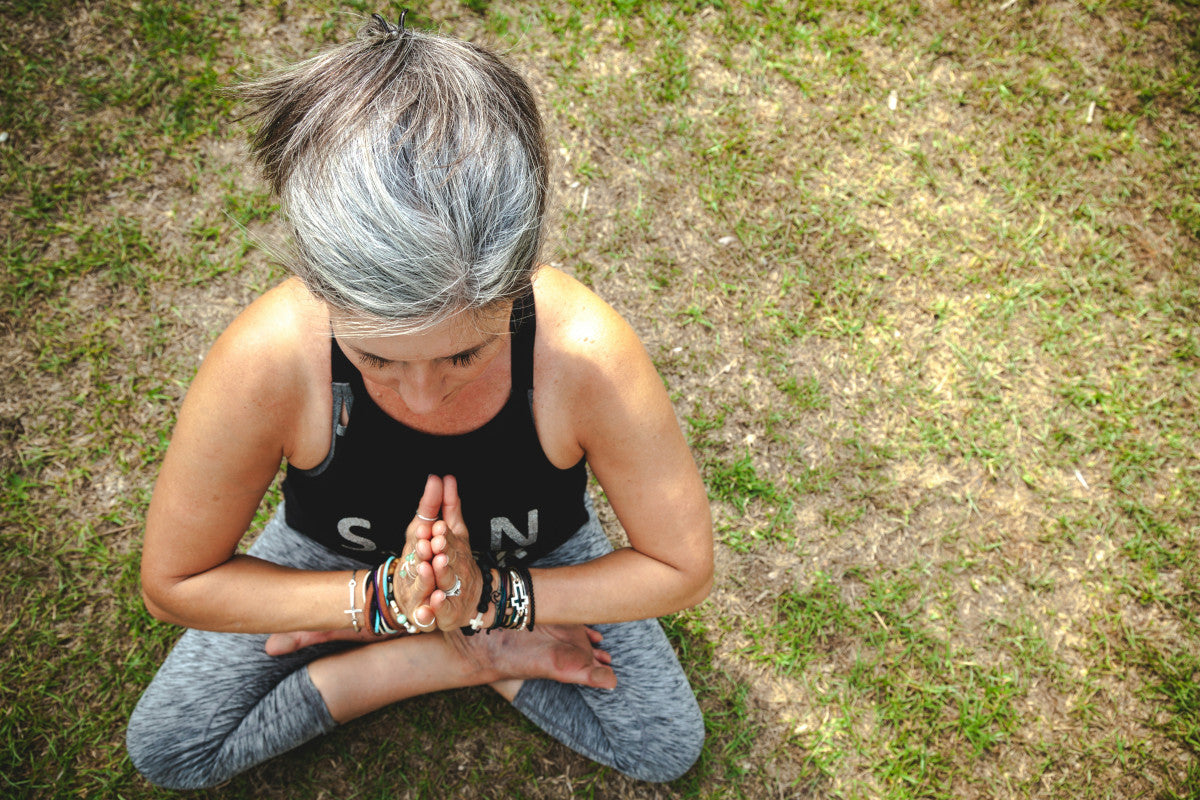
What to Take For Sore Muscles and Joints
When you think about what helps sore muscles and joints, you probably assume your best bet is ibuprofen, Tylenol, or some other non-steroidal anti-inflammatory (NSAID). These might provide tempora...

How to Sleep Better During Perimenopause
You’re not alone if you’re wondering how to sleep better during perimenopause. Sleepless nights become a lot more common the older you get, especially when this transition sets in. The good news i...

What Helps With Perimenopause Weight Gain? Best Supplements for Perimenopause Weight Gain
Amidst the hot flashes and night sweats, the irritability, the brain fog, and all the other symptoms that come with perimenopause, there’s one question women always ask us during this stage of lif...

There are so many great natural perimenopause herbs that may help ease the discomfort that comes with this transitional stage in life. So what are the best herbs for perimenopause? We’ve put toget...

Best Magnesium For Perimenopause: What Type of Magnesium is Best For Perimenopause?
Magnesium is among the most important minerals for human health, influencing over 300 reactions in the body. It should come as no surprise the best magnesium for perimenopause can help ease sympto...

Best Vitamins for Perimenopause: What Vitamins Are Good for Perimenopause?
The changes that show up during perimenopause can feel unsettling. The good news is that the best vitamins for perimenopause can help fill in the nutritional gaps that make perimenopause symptoms ...

Best Probiotics For Perimenopause
Perimenopause is the turning of a page. It’s the beginning of the next chapter in your life, a rite of passage for all women. While it brings about many changes (and plenty of complications), you ...

What Are the Best Supplements For Perimenopause?
Sleep becomes unpredictable, hot flashes show up without warning, moods swing faster than they used to, and digestion doesn’t behave the same once perimenopause begins. But you can gracefully embr...

If you are hosting this holiday season or just cutting back on alcohol, these prebiotic mocktails give you something better than soda or juice. These recipes were created with The Butcher’s Daught...
These are expert opinions on lifestyle from professionals who are board-certified physicians, registered dieticians, or healthcare professionals. This content does not represent any medical advice for prevention or treatment of any medical diseases.